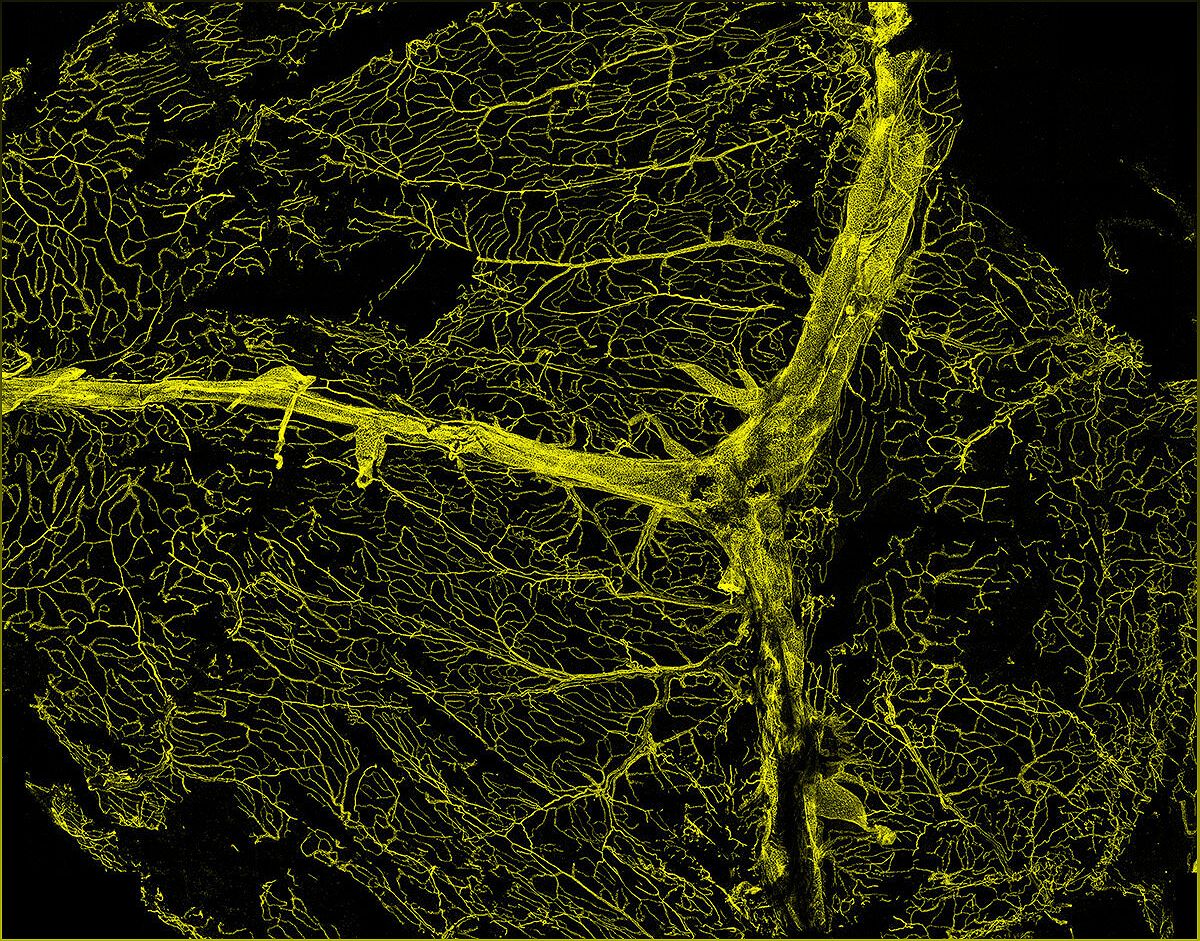Have you ever wondered how chronic high blood pressure could impact your cognitive function? A recent study published in Nature Neuroscience sheds light on the role of immune system cells in contributing to cognitive decline in individuals with hypertension. This groundbreaking research reveals how immune system signaling can lead to symptoms of cognitive decline and dementia. Join me as we delve into the fascinating findings and explore the implications for understanding and managing high blood pressure-related cognitive decline.
The Link Between High Blood Pressure and Cognitive Decline
Understanding the connection between chronic high blood pressure and cognitive decline
Chronic high blood pressure, also known as hypertension, affects over 1 billion people worldwide. While it is commonly associated with cardiovascular issues, recent research suggests that it may also impact cognitive function. The study published in Nature Neuroscience reveals a link between high blood pressure and cognitive decline, even in the absence of a stroke.
By mimicking hypertension conditions in mice, researchers found that immune cells around and within the brain become abnormally activated. This activation leads to impaired brain function and contributes to cognitive decline. The study highlights the role of immune system signaling in the development of symptoms associated with cognitive decline and dementia.
The Role of Immune Cells in Cognitive Decline
Exploring how immune cells contribute to cognitive decline in individuals with high blood pressure
Within the brain, immune cells play a crucial role in maintaining a healthy environment and protecting against infections. However, under conditions that mimic hypertension, these immune cells become abnormally activated. The study found increased levels of interleukin-17 (IL-17), a chemical that activates the immune system, in the cerebral spinal fluid and brain of mice with high blood pressure.
IL-17 triggers the activation of immune cells responsible for inflammation and fighting off infections in the brain, known as macrophages. This activation of immune cells contributes to cognitive decline in individuals with chronic high blood pressure. The researchers also discovered that IL-17 released from the protective covering of the brain, called the dura mater, enters the cerebral spinal fluid and affects cognitive function.
By understanding the role of immune cells in cognitive decline, researchers can further investigate potential therapeutic interventions to mitigate the impact of chronic high blood pressure on brain health.
Restoring Cognitive Function through T Cell Blockade
Investigating the effects of blocking T cells in the meninges on cognitive function
The study conducted on mice with hypertension revealed an interesting finding - blocking the activity of T cells in the meninges, the protective covering of the brain, restored cognitive function. By inhibiting the abnormal activation of T cells, researchers were able to mitigate the cognitive decline associated with high blood pressure.
This discovery opens up new possibilities for potential therapeutic strategies that target immune cell activation in the meninges. By understanding the connection between immune cell activation and cognitive function decline, researchers can explore novel approaches to prevent or treat cognitive decline in individuals with chronic high blood pressure.
Exploring the Link Between High Salt Diet and Cognitive Decline
Investigating the potential impact of a high salt diet on cognitive function
Previous research by the same group of scientists suggested a connection between a high salt diet, decreased nitric oxide production in brain vessels, and the buildup of tau, a toxic protein associated with Alzheimer's disease. The recent findings from this study also indicate a suppression of nitric oxide production in brain vessels.
Further investigation is needed to determine if this suppression of nitric oxide production leads to increased tau production and contributes to cognitive decline in individuals with high blood pressure. Understanding the impact of dietary factors on cognitive function is crucial for developing comprehensive strategies to prevent and manage cognitive decline in hypertensive individuals.

